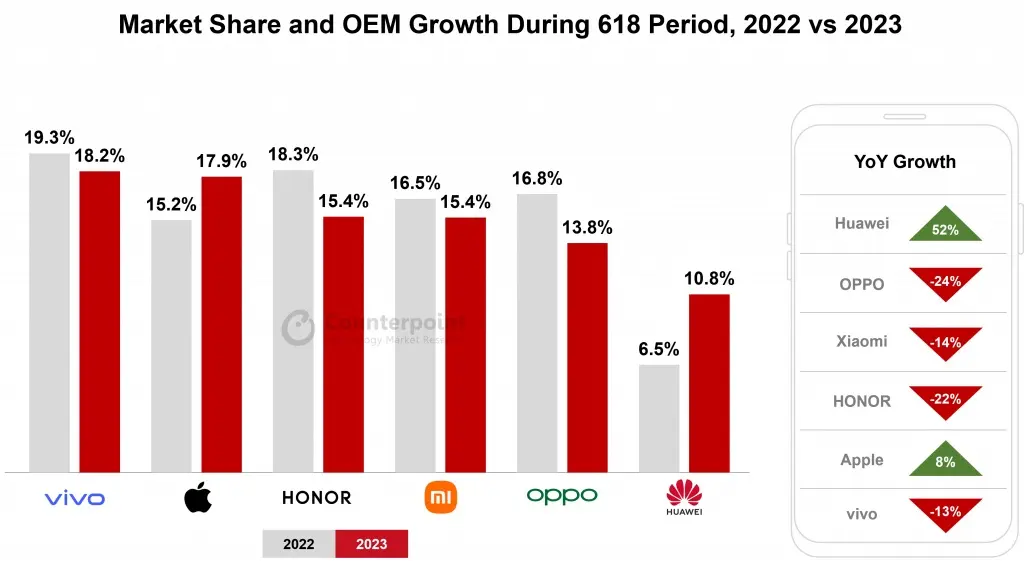Europe Car Sales Decline: Economic Headwinds Slow Consumer Spending

Table of Contents
Inflation and Rising Interest Rates: A Double Whammy for Car Buyers
High inflation is eroding purchasing power across Europe, making even essential goods, let alone big-ticket items like cars, less affordable. Simultaneously, rising interest rates are dramatically increasing the cost of car financing. This double whammy is severely impacting consumer demand. The increased cost of borrowing translates to higher monthly payments, making car ownership a less attractive proposition for many.
- Increased cost of living impacting disposable income: Soaring prices for food, energy, and other necessities are leaving less money available for discretionary spending, like purchasing a new car.
- Higher borrowing costs making car loans less attractive: Increased interest rates significantly increase the total cost of a car loan over its lifespan, making monthly payments substantially higher.
- Longer loan terms needed to manage increased monthly payments: To make car loans more manageable, consumers are opting for longer loan terms, extending the repayment period and increasing overall interest paid.
Data from [insert source, e.g., ACEA (European Automobile Manufacturers' Association)] shows a [insert percentage]% decrease in car registrations in [insert time period], directly correlating with the rise in inflation and interest rates. This clearly demonstrates the significant impact of macroeconomic factors on consumer purchasing decisions in the European auto market.
The Energy Crisis and its Ripple Effect on the Automotive Sector
The ongoing energy crisis in Europe has created a ripple effect across the automotive sector. Soaring energy prices are directly impacting manufacturing costs, increasing the price of producing vehicles. Furthermore, the uncertainty surrounding future energy prices is impacting consumer confidence, leading to delayed purchasing decisions. This uncertainty is also fueling a shift in consumer preferences towards more fuel-efficient vehicles, including electric vehicles (EVs).
- Increased production costs due to higher energy prices: Manufacturing cars is an energy-intensive process, and higher energy costs are directly passed on to consumers in the form of higher prices.
- Reduced consumer confidence leading to delayed purchases: The unpredictable nature of energy prices is making consumers more cautious about making large purchases like new cars.
- Growing demand for electric vehicles as an alternative: The energy crisis is accelerating the shift towards EVs, seen as a more sustainable and potentially less expensive option in the long run.
Lingering Supply Chain Disruptions and Semiconductor Shortages
Supply chain disruptions and semiconductor shortages, although easing somewhat, continue to constrain car production across Europe. The lack of crucial components like semiconductors is leading to limited production capacity and extended waiting times for new cars. This shortage also contributes to higher prices as manufacturers grapple with limited supply and increased demand.
- Delayed deliveries of crucial components: The lack of timely delivery of semiconductors and other vital parts is delaying vehicle production.
- Limited production capacity leading to lower inventory: Manufacturers are struggling to meet demand due to constrained production, resulting in lower inventory levels at dealerships.
- Increased waiting times for new car orders: Consumers face significantly longer waiting times to receive their new cars due to production delays.
Impact on the European Automotive Industry and Employment
The decline in Europe car sales is having a profound impact on the European automotive industry and its workforce. Major car manufacturers are experiencing reduced profitability, forcing them to adjust production plans and potentially leading to job losses. The knock-on effect is felt throughout the supply chain and related sectors.
- Reduced profitability for car manufacturers: Lower sales volumes directly translate to reduced revenue and profitability for car manufacturers.
- Potential plant closures and job losses: Reduced production and profitability may lead to plant closures and subsequent job losses within the automotive industry and related sectors.
- Government initiatives to support the automotive sector: Several European governments are implementing support packages and initiatives to mitigate the impact on the automotive sector and preserve jobs.
Conclusion: Understanding the Europe Car Sales Decline and Looking Ahead
The decline in Europe car sales is a complex issue driven by a confluence of factors: high inflation, rising interest rates, the ongoing energy crisis, and persistent supply chain disruptions. These factors have created a perfect storm, severely impacting the European automotive industry and the wider economy. The future of European car sales remains uncertain. However, potential recovery scenarios depend on stabilizing inflation, easing interest rate hikes, resolving the energy crisis, and addressing supply chain bottlenecks.
To stay informed about the evolving situation and understand the implications for the European automotive market, continue to follow developments in "European auto market trends," monitor the "European car sales forecast," and analyze the "impact of economic conditions on European car sales." Regularly reviewing these crucial factors will provide a better understanding of the future of this critical sector.

Featured Posts
-
 Bayer Leverkusens New Coach 10 Defining Characteristics Of Erik Ten Hag
May 28, 2025
Bayer Leverkusens New Coach 10 Defining Characteristics Of Erik Ten Hag
May 28, 2025 -
 Man Uniteds Attacker Departure Ruben Amorims Impact On Transfers
May 28, 2025
Man Uniteds Attacker Departure Ruben Amorims Impact On Transfers
May 28, 2025 -
 Amas 2025 A Comprehensive Overview Of The American Music Awards
May 28, 2025
Amas 2025 A Comprehensive Overview Of The American Music Awards
May 28, 2025 -
 8 Oleh Oleh Kuliner Unik Khas Bali Lebih Dari Pie Susu
May 28, 2025
8 Oleh Oleh Kuliner Unik Khas Bali Lebih Dari Pie Susu
May 28, 2025 -
 Nicolas Anelka All The Latest News Pictures And Videos
May 28, 2025
Nicolas Anelka All The Latest News Pictures And Videos
May 28, 2025
